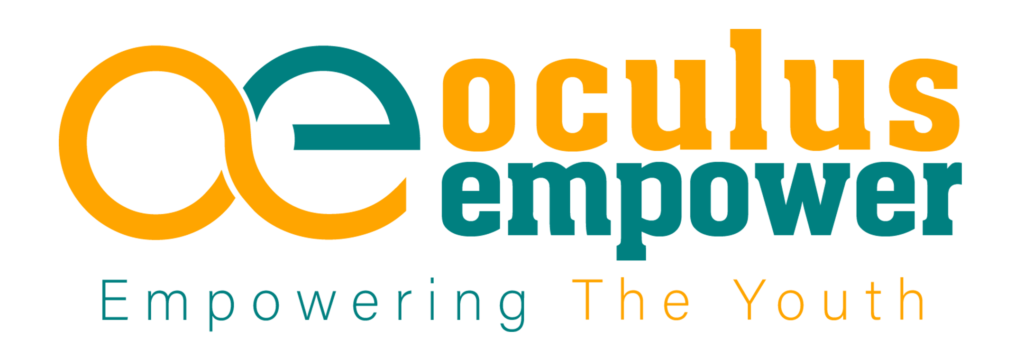Full Stack E-commerce Course Outline
Module 1: Introduction to E-commerce and Full Stack Development
- What is E-commerce?
- Types of E-commerce (B2B, B2C, C2C, etc.)
- Key features and components of an E-commerce system
- Overview of Full Stack Development
- Front-end, Back-end, and Database
- Roles and responsibilities of a Full Stack Developer in E-commerce
Module 2: Front-End Development for E-commerce
- HTML5, CSS3, and JavaScript Essentials
- Responsive Web Design for E-commerce
- Mobile-first Design Principles
- Frameworks: Bootstrap or Tailwind CSS
- Advanced JavaScript Features
- ES6+ Features and DOM Manipulation
- Fetch API and AJAX for Dynamic Content Loading
- Building a User-friendly Product Catalog and Navigation
- Accessibility and SEO Optimization for E-commerce Front-ends
Module 3: Back-End Development for E-commerce
- Introduction to Back-End Development
- Understanding APIs and RESTful Architecture
- Role of the Server in E-commerce
- Programming Languages and Frameworks
- Node.js (Express.js) or Python (Django/Flask)
- User Authentication and Authorization
- Secure Login and Registration Systems
- Session Management and Role-based Access Control
- E-commerce Functionalities
- Managing Products, Categories, and Inventory
- Order Management System (OMS)
Module 4: Database Management
- Basics of Databases: SQL vs. NoSQL
- Designing a Database for E-commerce
- Products, Users, Orders, and Transactions Tables
- Working with MySQL, MongoDB, or PostgreSQL
- Performing CRUD Operations
- Data Security and Backup Best Practices
Module 5: Payment Gateway Integration
- Introduction to Payment Gateways
- PayPal, Stripe, Razorpay, etc.
- Secure Payment Processing with APIs
- Handling Transactions and Payment Errors
- Adding Multiple Payment Options
Module 6: Building a Shopping Cart and Checkout System
- Creating a Dynamic Shopping Cart
- Adding, Removing, and Updating Items
- Calculating Taxes, Shipping, and Discounts
- Building a User-friendly Checkout Flow
Module 7: Deployment and Hosting
- Preparing the Application for Deployment
- Optimizing Performance for E-commerce Websites
- Hosting Solutions
- AWS, DigitalOcean, Netlify, Vercel, or Heroku
- Configuring a Domain Name and SSL Certificate
- Deploying Full Stack E-commerce Applications
Module 8: Advanced Features
- Implementing Search and Filters
- Product Search with Autocomplete
- Sorting and Filtering Products by Category or Price
- Customer Reviews and Ratings System
- Wishlist and Product Recommendations (Cross-Selling and Upselling)
- Real-time Order Tracking
- Notifications via Email or SMS
Module 9: Admin Panel Development
- Designing and Building an Admin Dashboard
- Managing Products, Categories, and Inventory
- Tracking Orders and Revenue
- Reporting and Analytics
- Sales Reports, Traffic Data, and Conversion Rates
Module 10: Security and Maintenance
- Implementing Security Best Practices
- Securing APIs and Preventing SQL Injection
- Protecting User Data (Encryption and Hashing)
- Regular Maintenance and Updates
- Troubleshooting Common E-commerce Issues
